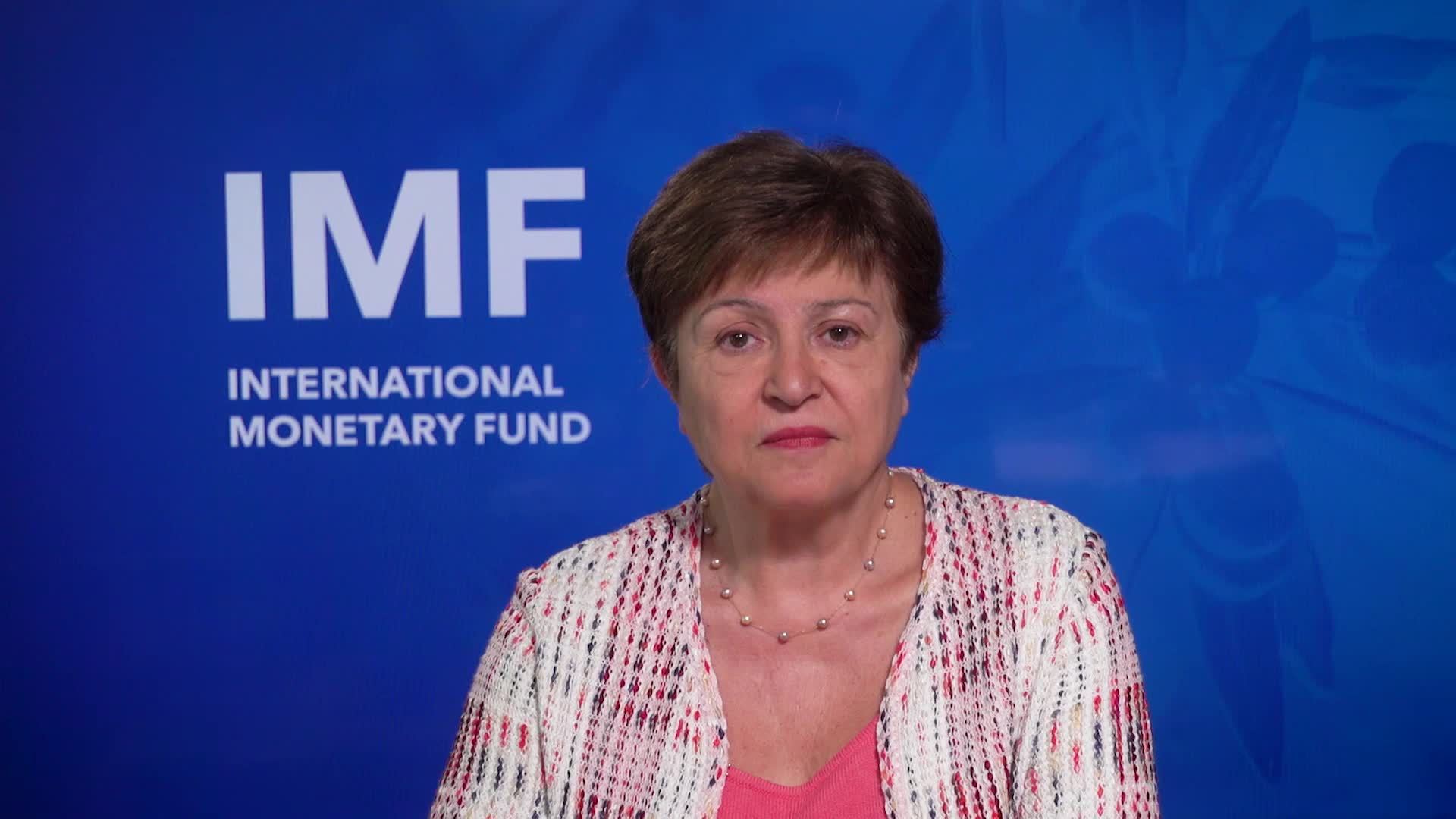The IMF’s Managing Director, Kristalina Georgieva, in a conversation today (Thursday, May 20) with the President of the European Central Bank, Christine Lagarde at the first Vienna Economic Forum said that the Covid-19 pandemic has affected women more than men. Policy makers therefore need to consider this crisis as an opportunity to deal with the gender inequalities that already existed before the pandemic and work on closing the gap.
“What shocked me the most was how easy it is to go back. How the pandemic, especially in the early months, disproportionately affected women, they are in the health care sector in much bigger numbers, 70, 80 percent. They are in contact dependent industries like hospitality, tourism and they really got the hit very hard and then on top of it violence against women. I have before the pandemic; I was convinced that the tide has turned. That acceleration towards gender equality is for real and that my generation is going to be the last one when women have to work much harder than men just to be equal and the pandemic threw some doubt whether indeed the tide has turned and only reinforced my determination,” said Georgieva.
Lagarde pointed out that in Europe, women are under-represented in most economic sectors, including decision making and policy circles.
“In Europe, European Parliament include about one third of women representatives. If we look at most of the board of publicly quoted company, again, a little less than one third of board members are women. And if you look at chairman and CEOs, it's hardly 20 percent that are actually not 20 percent, eight percent CEOs and chairmen are women in publicly quoted companies. So not great. Clear underrepresentation,” said Lagarde.
The IMF calls this pandemic-induced recession “mom-cession”, as it hit the low-skilled mothers of young children the hardest.
“In both developed and developing countries, this recession is a mom-cession we call this she-cession but the accurate term is mom-cession because it is mothers of young children that have hardest time to return to work and when they are low skilled, the hit on them is very severe. Across countries we see advanced economies pulling out. They have more fiscal space to act, more monetary policy space, they also have much better access to vaccinations. Whereas developing countries, for these two reasons being constrained, are falling further behind. And again, we have to think of how we can overcome this scarring by bringing more the care and empathy of women,” said Georgieva
She concluded by highlighting the IMF’s work in closing the gender gap by increasing the number of female directors from 25% to almost 40% in the past two years and appointing the first senior advisor on gender in IMF history.
“Most importantly, the IMF is very actively engaging the membership on building capacity in finance authorities, in economic policy, especially on the issue of gender-based budgeting, because when budgets change, then the economy does better. And over the last year of crisis, we have been relentless in pressing for this gender-based budgeting because of the scarring I spoke about, because of the pressing needs to come out of the crisis stronger,” said Georgieva.

